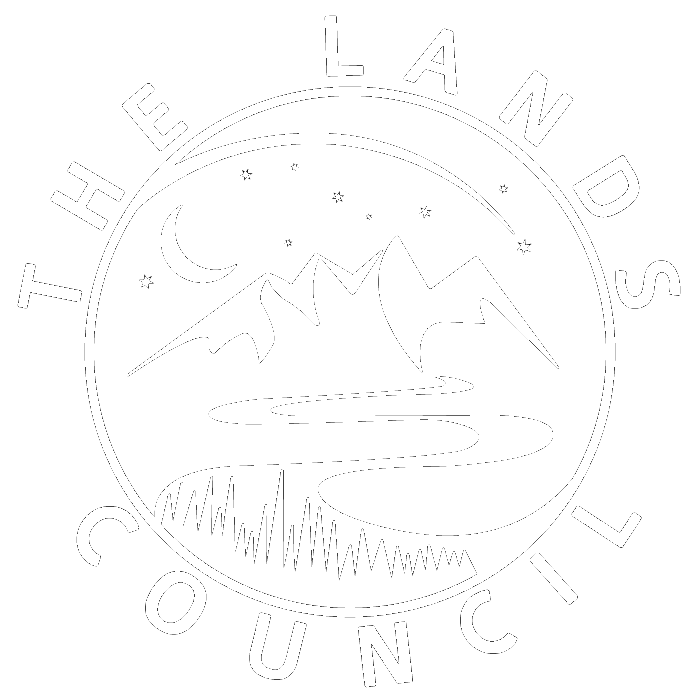By Mike Petersen
The Northeast Washington Forest Coalition (which The Lands Council helped found) filed it’s first “objection” of a timber sale in mid-July. Two key issues caused NEWFC to challenge this project in Ferry County:
Proposed fuel breaks in inventoried roadless areas, and
A lack of specificity of what the silvicultural prescriptions would entail.
Our objection was followed up with a resolution meeting, which resolved some, but not all of our issues. In other Colville Forest news, the discussions around new Wilderness are going to resume in August, with county commissioners and a representative of the livestock industry. Talks had stopped in February and work on a fire management plan had barely got off the ground when the pandemic hit.
In North Idaho, I met with Jeff Lau, of Idaho Department of Lands last week. He is working on a project that would have private and state land work with the Idaho Panhandle National Forest in areas where ownership was mixed. Finding common ground to use science based restoration on private and state lands could result in better habitat, protection of large trees, and reduced risk when wildfire comes through. I am working with members of the Panhandle Forest Collaboration (which we helped start) to see if we can lend assistance to the effort.
In NW Montana, I met with Allie Maloney of the Montana Wilderness Association. This outdoor meeting took place at Ross Creek Cedars, a beautiful old growth stand in Montana at the eastern edge of the proposed Scotchman’s Peak Wilderness. We discussed how to best move forward on legislation for new Wilderness and better forest restoration. Forests in NW Montana are the headwaters for a significant part of the Columbia River Basin, so ensuring that forest restoration is science based and protects streams and rivers is a critical part of our work.
Urban forests are also critical and canopy cover needs to increase. One of the most important trees for Spokane is the Ponderosa pine, which is Spokane’s Official City Tree. Our area was once covered with this drought and heat resistant tree, which provides shade and habitat for many species. Ponderosa pine are able to thrive without requiring supplemental watering, fertilizer, or insecticides – and their shade reduces cooling costs. Their root systems stabilize soil, thereby protecting our rivers and streams.
In conjunction with Spokane Ponderosa, The Lands Council is working to retain our native tree and re-plant in areas that would benefit from this resilient native. Finally, we are working out details of how and where to do Reforest Spokane Day this fall. The pandemic has made our usual large group planting unlikely, but we may have teams going to several areas on different days.


